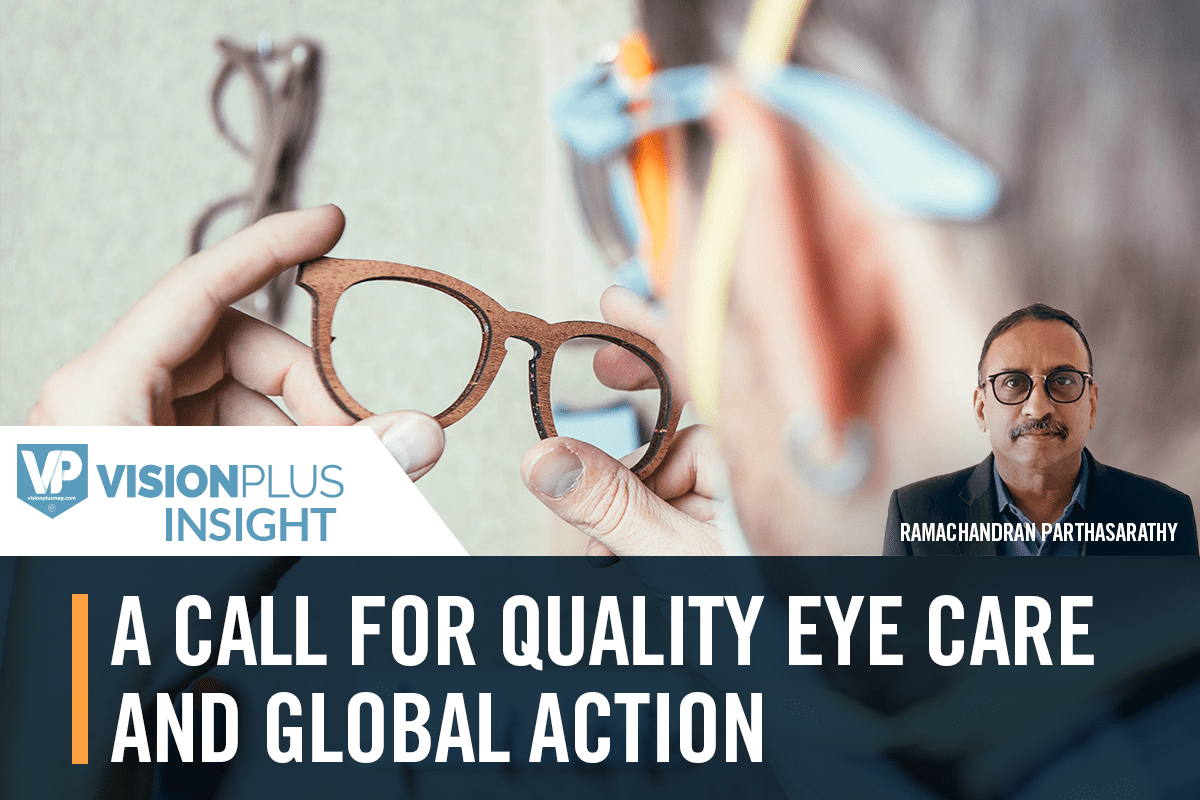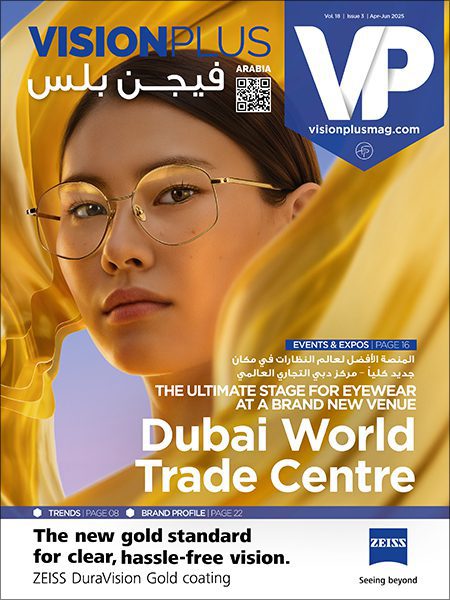In the world of eye care, it’s not just about qualified eye care professionals treating kids’ vision problems. Mr Ramachandran Parthasarathy reminds us that companies making glasses also have a big job. They need to prove that their products work well, especially for children. He suggests using special IDs for these products to make sure they meet quality standards. Parthasarathy also talks about a global plan by the World Health Organisation to make sure everyone gets the eye care they need.
While it is quite important for qualified eye care professionals to treat children and suggest corrective measures for the eyes, it is equally pertinent to note that companies have a big responsibility on their shoulders in offering products substantiated with clinical evidence. Especially if the spectacles need to be prescribed for children. While the rule of the land must be abided by and enforced as per the regulatory frameworks, it is also a question of ethics for a dispenser to be fully convinced that the products procured by them are substantiated with scientific claims and hence the responsibility of all in the supply chain is to furnish to the practitioners all relevant data and evidence. To address this, one possible solution could be introducing Unique Device Identification (UDC) approved by the relevant government authorities specifically for products that are prescribed for children for therapeutic purposes/myopia control, etc, even though spectacles do not fall under Medical Devices in India.
The UDC shall include Indexes, Options, Design and Lens Material. The commercial index shall include the lens refractive index describing the specs of the lens and available options of lens such as photochromic, etc. The design aspects of the lens such as single vision and whether the lens comprises either mineral or organic material shall be considered. It shall include the commercial name of the spectacle lenses in addition to the components covered shall include the product information. Perhaps this could be a good starting point and would give further confidence to the eye care practitioners.
Coming now to the larger cause of uncorrected refractive error space, it is a primary objective to give access to a pair of spectacles to all segments of the population across the length and breadth of the country by addressing access, and affordability by using technology. However, it would be an understatement if we do not recognise the humungous task of reaching a scale considering the complexity of the Indian market and therefore that one-size-fits-all approach would not work here.
SPECS 2030 a global initiative of the World Health Organisation (WHO) envisions a world in which everyone who needs a refractive error intervention has access to quality, affordable and people-centred refractive error services. The WHO SPECS 2030 initiative has the mission to support Member States with the achievement of the Seventy-Fourth World Health Assembly endorsed 2030 target on effective refractive error coverage.
The initiative calls for coordinated global action amongst all stakeholders across 5 strategic pillars, in line with the letters of SPECS, to address the key challenges to improving refractive error coverage.
- Improve access to refractive services!
- Build the capacity of personnel to provide refractive services!
- Improve population education.
- Reduce the cost of refractive services!
- Strengthen surveillance and research.
Interesting times are ahead and all the stakeholders have a role to play.
As Parthasarathy explains, making sure everyone has good eye care involves everyone—qualified eye care professionals, companies, and global organisations. By working together and using smart ideas like special IDs for glasses, we can make sure everyone gets the eye care they deserve. It’s a big job, but if we all pitch in, we can make it happen.
 Mr. Ramachandran Parthasarathy
Mr. Ramachandran Parthasarathy
Eyewear Business Strategy Expert South Asia
Honorary Advisor – India Vision Institute












